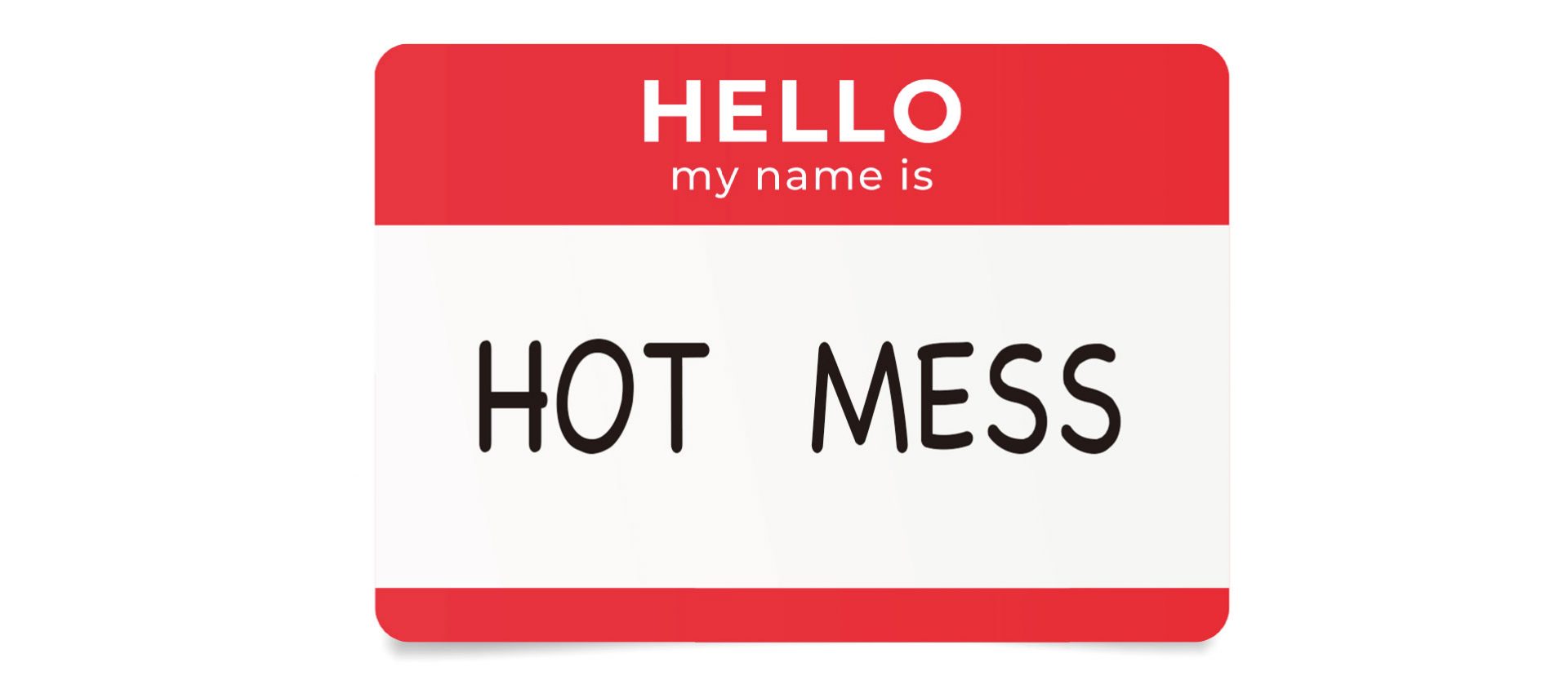The House Judiciary Committee’s report on big-tech monopoly is in a lot of ways very welcome, and it accomplishes important work. It was a large feat of fact-finding and conceptual foundation-work, and it evidently helped launch or support the pending federal monopolization suits against Google and Facebook. But it also invites the same discouraged fatigue that are the daily bread of anyone who cares about American antitrust. It’s still hard to imagine meaningful correction to the law’s catastrophic misdirection, in a divided America governed by broken institutions.
By Chris Sagers 1
The House Democrats’ big-tech monopoly report2 was several things. Measured by length and detail, the Report was above all a fact-finding exercise. Its vast majority — upwards of four hundred pages and more than 2,400 footnotes — consists of very long, meticulous analyses of the conduct of four particular firms. It reads more or less like a complaint in litigation, and indeed, the pending government lawsuits against Google3 and Facebook4 both track it closely. In some respects, the fact-finding work is loose and lacks rigor, for what that may be worth. For my money that includes its routine, unelaborated conclusions that particular firms have market power in particular areas, and its essentially undefended claim that “Amazon has adopted a predatory-pricing strategy across multiple business lines at various stages in the company’s history.”5 But put that aside, beca
...THIS ARTICLE IS NOT AVAILABLE FOR IP ADDRESS 216.73.216.213
Please verify email or join us
to access premium content!

